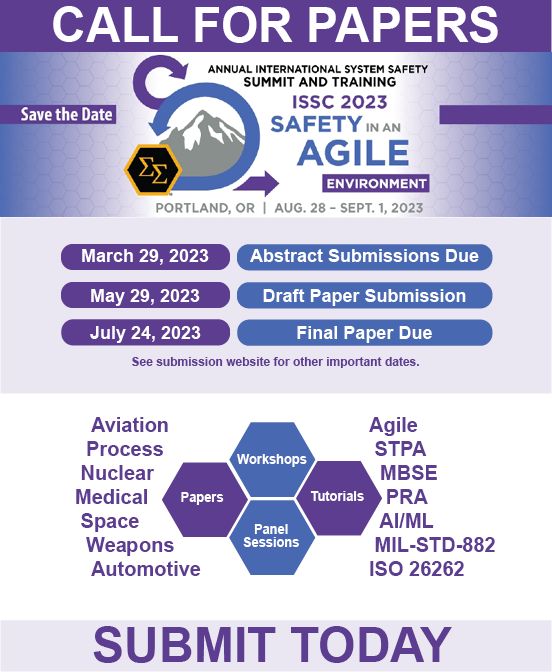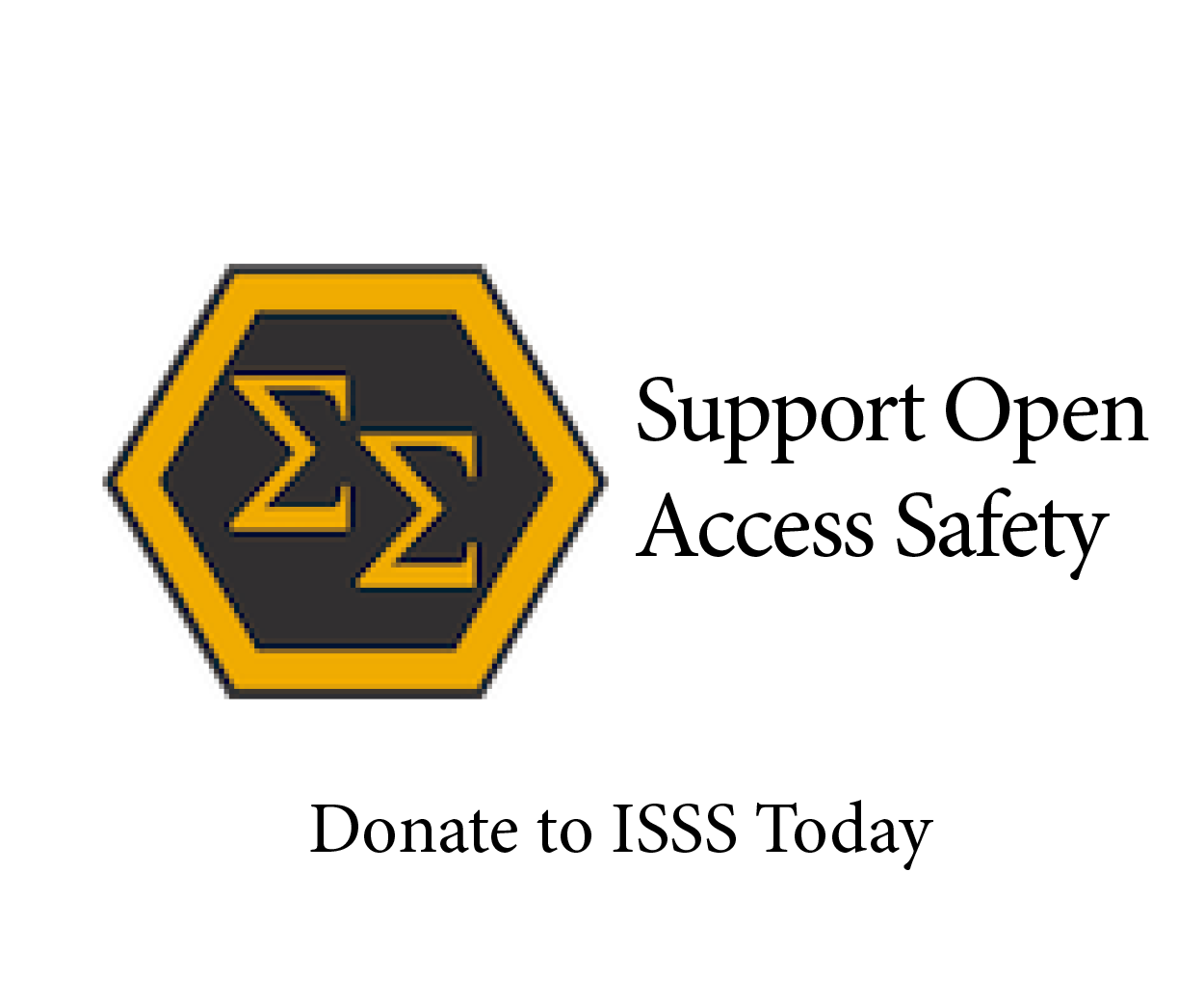Cost, Schedule and Safety Benefits of Early System Safety Involvement
DOI:
https://doi.org/10.56094/jss.v55i1.56Keywords:
safety benefits, early involvement, PHL, PSSA, risk assessment, lifecycleAbstract
System safety engineering is the application of engineering and management principles, criteria and techniques to achieve acceptable mishap risks. System safety typically reduces mishap risks through analyses that identify and address potential system failure modes. Studies indicate that when system safety is involved early in the product lifecycle, schedule slippage and cost escalation resulting from design changes can be substantially reduced. Development programs often face the dilemma of whether to apply funding to perform thorough, intensive system safety analyses in the conceptual design phase or wait until later, when designs are more complete, parts are being manufactured or testing is underway. Performing the analyses earlier consumes funds that might be needed later, while performing the analyses later increases the likelihood of expensive and time-consuming redesigns. This paper provides examples that encourage involving system safety engineering earlier in the process, by demonstrating the cost and schedule advantages, as well as the expected safety risk reduction. In addition, involving system safety earlier permits corrective actions to be implemented at a higher level in the system safety order of design precedence, which increases the effectiveness of corrective actions and reduces residual risk.














